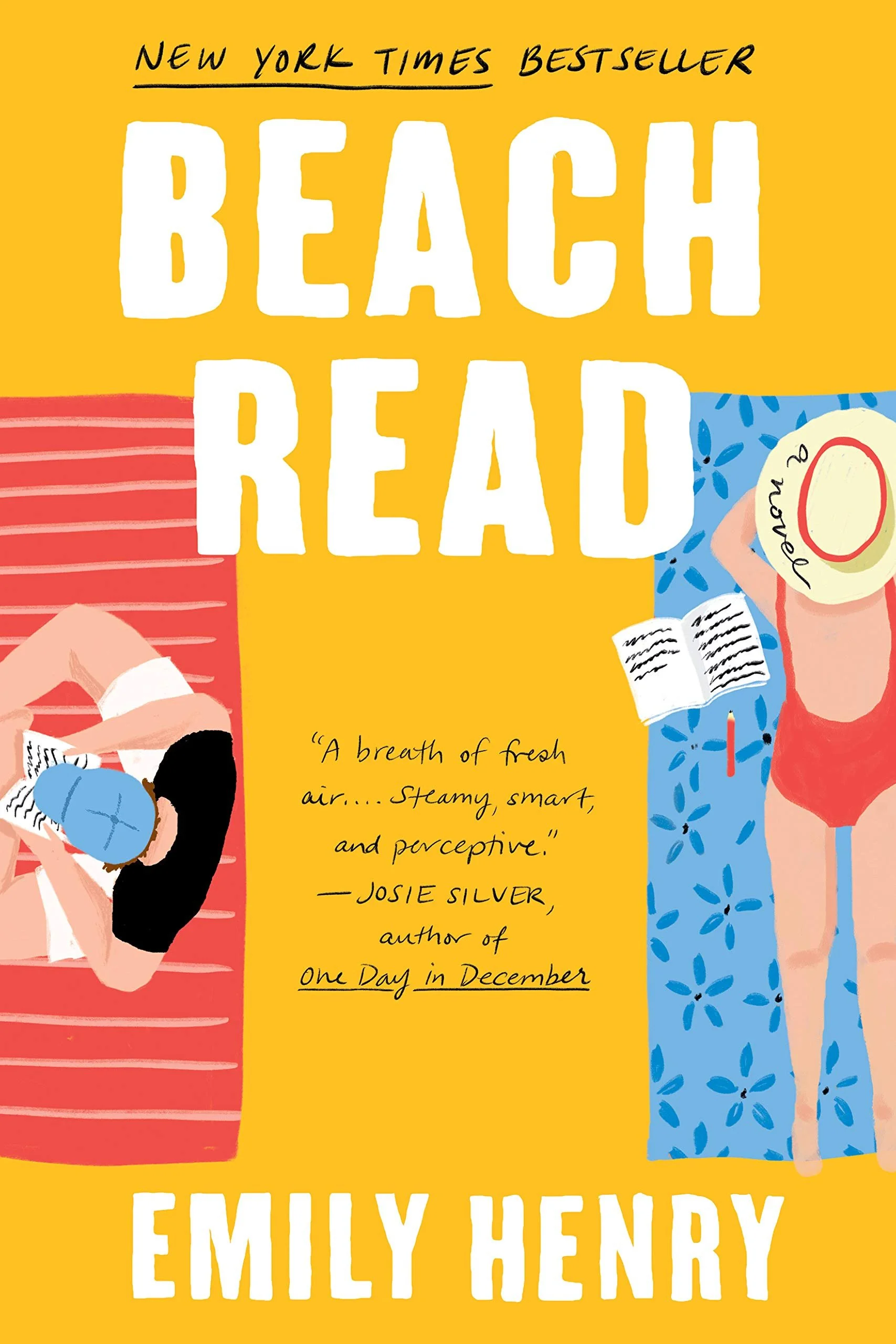Why Investing in Editing Is Investing in Yourself
When you think about editing, do you think about cutting chunks of your work and changing words here and there?
If so, I don't blame you. At its base, editing is about taking the story you have and rearranging it so that you make the most of your words. It's about making sure your story has the most impact.
But what people often don't realize is that editing is also about learning and improving your writing.
Every writer needs an editor. However, as you keep writing and improving, you may need less editing!
Think about how many rounds of editing someone like Emily Henry (author of Beach Read, People You Meet on Vacation, and Book Lovers) might need for her fourth book versus how many rounds her first book Beach Read probably went through.
(Please note this is entirely speculation. I don’t know what her process really was.)
Her first book probably went through rounds of the following:
self-edits
beta reader comments
self-edits
literary agent edits
developmental edits with the publisher
line edits with the publisher
copyedits with the publisher
ARC reader comments
proofreading with the publisher
But now that she's had more practice, her process probably looks a lot different.
Here's what I imagine it would look like for her fourth book:
developmental edits with the publisher
line edits with the publisher
copyedits with the publisher
ARC reader comments
proofreading with the publisher
Part of this is because she now has an agent and has been picked up by a publisher. But part of it is because she'll have learned a lot through the process of going through all those edits before reaching the publisher and once she's worked with the publishing team.
Your editor is there to show you the techniques you employ well and to guide you where you could be doing better.
Maybe sometimes that looks like cutting or rewriting a whole chunk, but when you look at the manuscript as a whole, you start to see patterns. (Your editor should also point out such patterns.) And then as you rewrite, you learn new techniques you will use as you write your new books.
So if you’re on the fence about investing in editing, why not find out how one can help you!
Click the link below to set up a chat to see what it would be like to work together!




